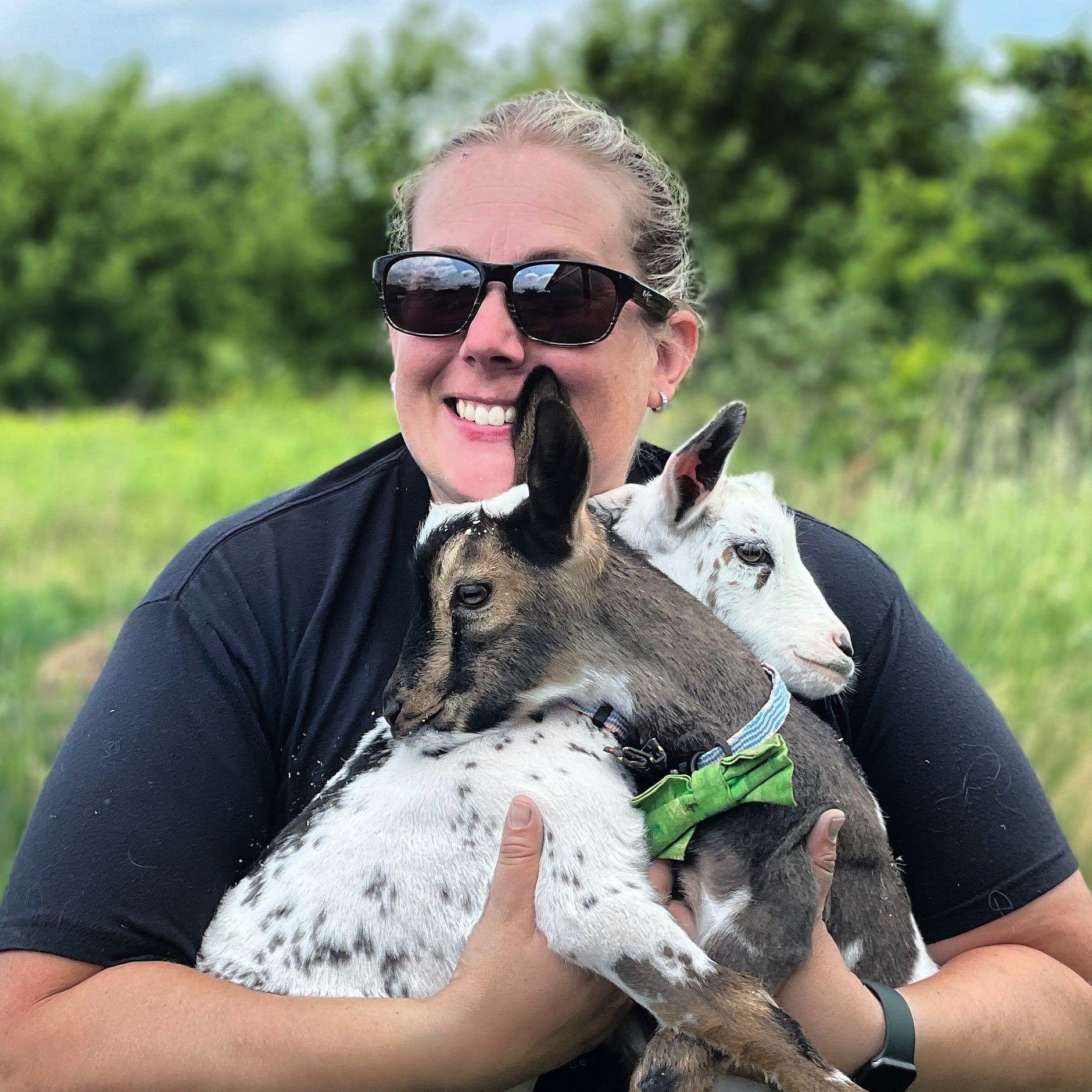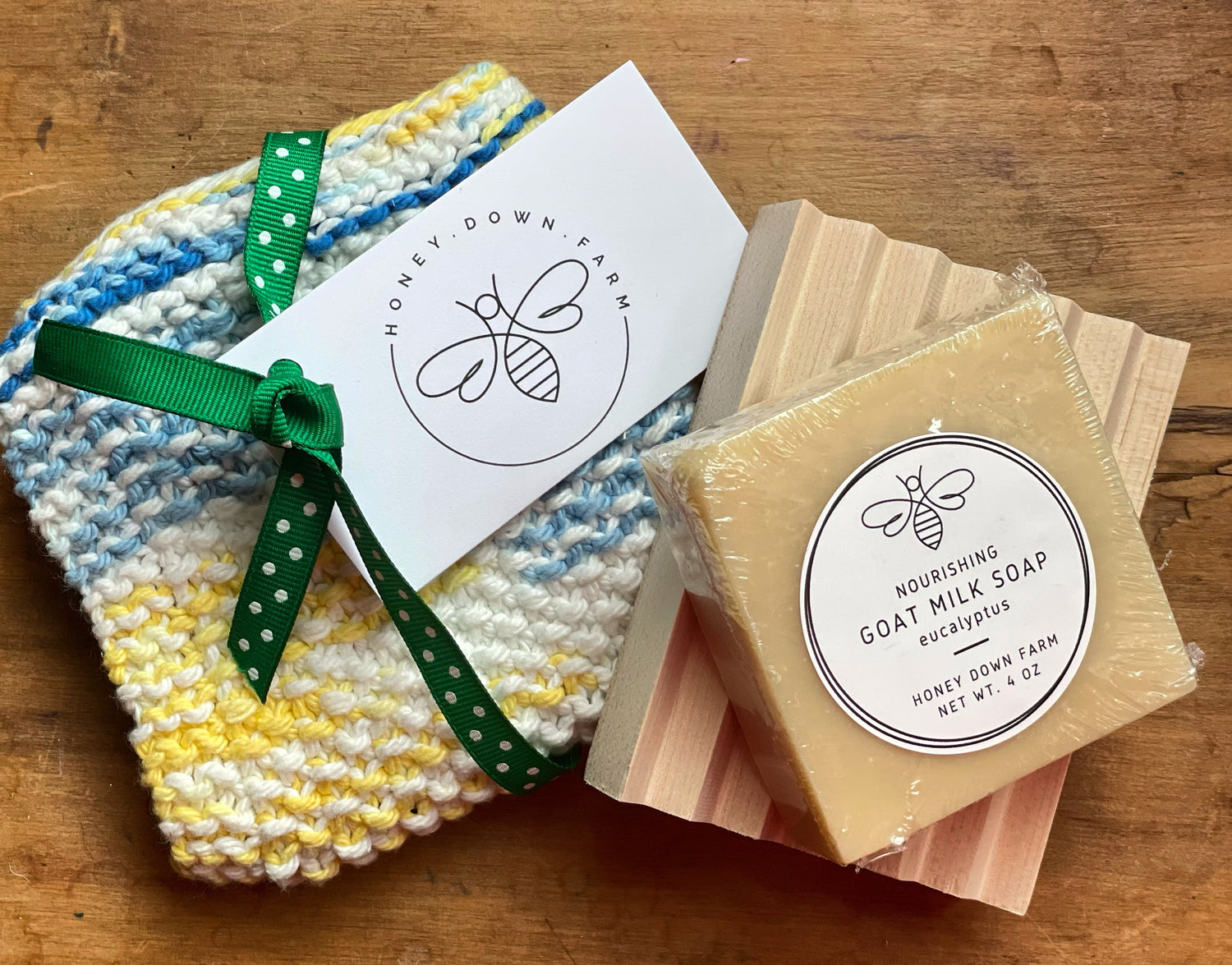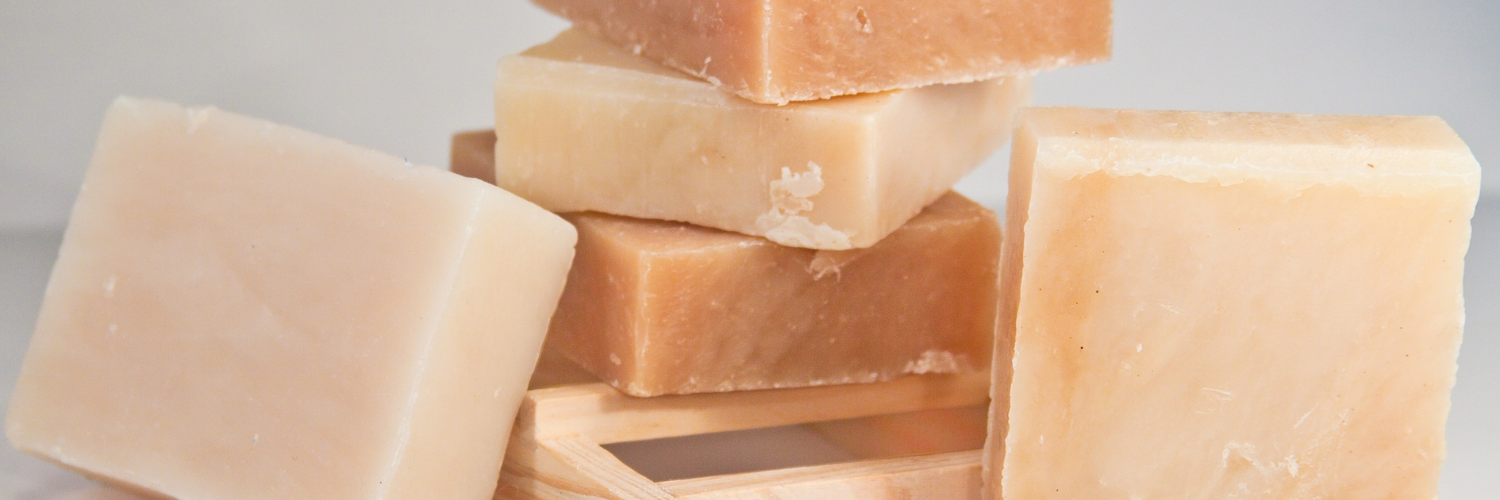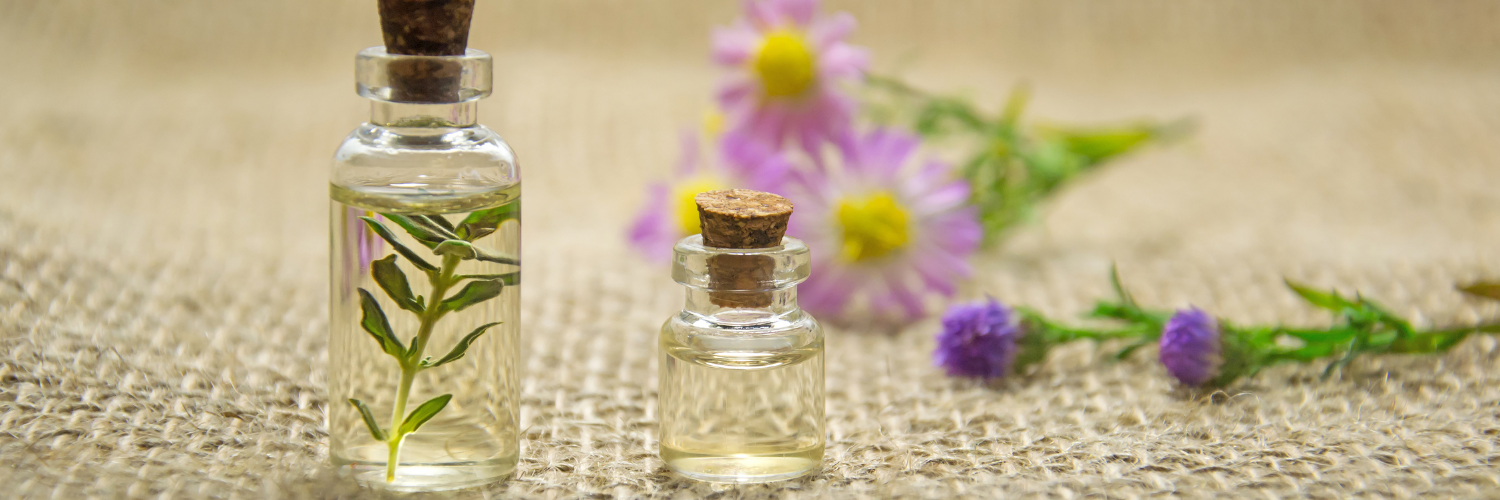Dairy goats are a popular choice amongst many homesteaders and hobby farmers. Not only do they provide delicious, nutritious milk, but they also make great pets, providing companionship and hours of entertainment. But did you know that their milk can also be used to make goat milk soap? In this article, I will be discussing the different types of dairy goats, how to care for them, goat milk soap, and a simple recipe for making your own. Let’s dive in!
Types of Dairy Goats
Dairy goats come in a variety of shapes, sizes, colors, and temperaments. The most popular breeds in the United States include Nubians, Saanens, Alpines, and Toggenburgs. Nubians are known for their long, floppy ears and Roman noses. Saanens are the most common breed and the largest. These animals have white coats and long, straight ears. Alpines have short ears and long coats, and Toggenburgs are medium-sized with white and brown markings.
No matter which breed you choose, all dairy goats need proper nutrition to produce high-quality milk. This means providing them with a balanced diet and ample access to fresh, clean water. They should also be given an adequate supply of hay, straw, and other roughage.
Dairy Goats at Honey Down Farm - Nigerian Dwarf Goats
Nigerian Dwarf goats are a miniature breed of dairy goat that has become increasingly popular in recent years. These goats are small, with males weighing anywhere from 60 to 100 pounds and females weighing between 40 and 90 pounds. Nigerian Dwarfs are often used as companion animals, and they produce a sweet, rich milk that is high in butterfat.
Nigerian Dwarfs require the same care as any other dairy goat. They should be provided with regular vaccinations, deworming, and hoof trimming. Like other dairy goats, they should also be given a balanced diet and plenty of fresh water.
How to Care for Dairy Goats
Caring for dairy goats is relatively easy, but it does require a certain level of commitment. Goats need to be kept in a clean, dry environment, and their hooves should be trimmed regularly to prevent health problems. They should also be provided with adequate shelter and protection from the elements, such as wind, rain, and extreme temperatures.
Goats should also be given plenty of space to roam and play. A typical goat needs between 10 and 20 square feet per animal, but this can vary depending on the breed. Additionally, goats need to be provided with enrichment activities, such as climbing structures and toys, to keep them from getting bored.
Dairy Goat Breeding
Once you have decided to raise dairy goats, you may want to consider breeding them. Breeding dairy goats requires knowledge of the goats’ reproductive cycles, as well as the proper nutrition and care to ensure a successful pregnancy. It is also important to find a good buck, as the quality of the offspring will depend on the genetic material of the parents.
When deciding which goats to breed, it is important to select animals with desirable traits. This includes body conformation, milk production, and health. It is also important to select goats that are free of defects and diseases. Once you have chosen the right goats, you will need to wait until they come into heat to breed them.
What is Goat Milk Soap?
Goat milk soap is a natural, handmade soap that is made with fresh goat milk. It is an excellent alternative to regular soap, as it contains many beneficial ingredients that are not found in commercial soaps. These ingredients include vitamins, minerals, and fatty acids, which are beneficial for the skin.
Goat milk soap is also much milder than regular soap, making it an excellent option for people with sensitive skin. It is also free of harsh chemicals and synthetic fragrances, making it a great choice for those who are looking for a natural, gentle soap.
Benefits of Goat Milk Soap
Goat milk soap offers numerous benefits for the skin. It is a natural moisturizer, as it contains fatty acids and vitamins that nourish the skin. It is also a mild cleanser, as it does not strip away natural oils from the skin. Additionally, goat milk soap is packed with antioxidants, which can help protect the skin from the damage of free radicals.
Goat milk soap is also beneficial for people with skin conditions such as eczema and psoriasis. The fatty acids in goat milk help to reduce inflammation and soothe irritated skin. Additionally, goat milk soap is non-comedogenic, meaning it won’t clog pores or cause breakouts.
How to Make Goat Milk Soap
Making goat milk soap is a simple process, but it does require some specialized equipment and ingredients. The most essential supplies include lye, essential oils, and fresh goat milk. Additionally, you will need a digital scale, a soap mold, a thermometer, and protective gear such as goggles and gloves.
The first step is to create a lye solution. This is done by combining lye with goat milk and stirring until the lye is completely dissolved. Once the lye solution has cooled to between 90 and 110 degrees Fahrenheit, it is time to add the goat milk. The goat milk and lye solution should be combined, and then the mixture is poured into the soap mold.
Once the soap has been poured into the mold, it should be left to cool and harden for 18 to 24 hours. Once it has hardened, it can be cut into bars and left to cure for 4 to 6 weeks. After the curing process is complete, the soap is ready to be used and enjoyed.
Recipes for Goat Milk Soap
Making your own goat milk soap is a fun and rewarding project. Here is a list of recipe that you can use to get started:
Goat Milk Soap Recipe from Brambleberry
Goat Milk Soap Recipe from Lovin' Soap Studio
Goat Milk Oatmeal and Honey Recipe from Lovin' Soap Studio
We recommend running recipes through a soap calculator. You can use a soap calculator to calculate:
- The quantity of oils and butters in a formula.
- The quantity of lye necessary to saponify.
- How many grams of water you need to use for your formula if you use the standard 38% water of oils. Or you can adjust the water percentage for a water discount (you can use less than 38% but you should not use less than 25% water as of oils);
- How much fragrance or essential oil you need to use for your formula.
- The superfat you want to use. Standard is 5% but you can increase or decrease it. The higher the super fat, the milder the soap will be.
If you're interested in making soap, you may enjoy reading our blog post on the perfect oils for bar soap.
Where to Buy Goat Milk Soap
If you don’t have the time or desire to make your own goat milk soap, you can always buy it from our farm. We specialize in handmade soaps made with natural, quality ingredients. View our available goat milk soap bars.
Conclusion
Goat milk soap is a wonderful way to nourish and cleanse your skin. Not only is it mild and gentle, but it is also packed with beneficial ingredients that can help soothe irritated skin and protect it from the damage of free radicals. If you are looking for an excellent alternative to regular soap, goat milk soap is definitely worth a try.
Whether you decide to make your own goat milk soap or buy it from us, you can rest assured that you are getting a quality product that is free of harsh chemicals and synthetic fragrances. So, why not give it a try and see what all the fuss is about?






1 comment
How can I purchase soap from you??)